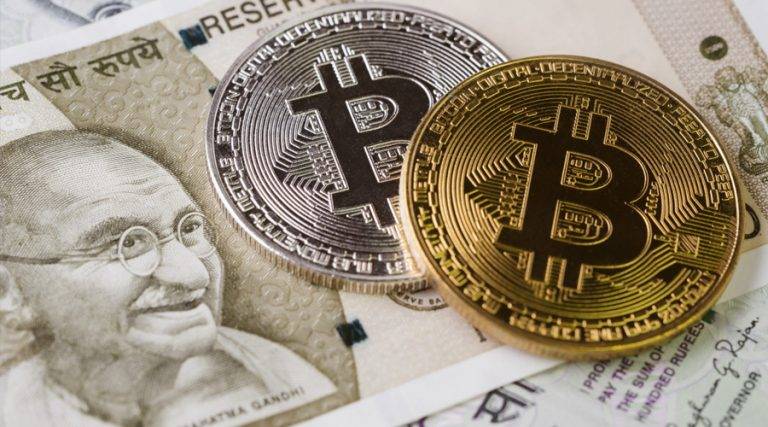The COVID-19 pandemic has affected almost every sector of the financial product. Be it the stock market, commodities market or be it the newly rising cryptocurrency market. Severe turbulence has been caused due to COVID-19. Amid such a situation, despite it’s very volatile nature and raising concern over it’s environmental effects, the crypto market seems to be rising everyday.
Before proceeding further with the growing market of cryptocurrency, let’s briefly explain – what is cryptocurrency?
A cryptocurrency, broadly defined, is virtual or digital money that takes the form of tokens or “coins.” While some cryptocurrencies have ventured into the physical world with credit cards or other projects, the large majority remain entirely intangible. The “crypto” in cryptocurrencies refers to complicated cryptography that allows for the creation and processing of digital currencies and their transactions across decentralized systems.
Indian origin cryptocurrency polygon, as well as others such as dogecoin, ethereum continue to witness a growth in the market. This, during a time when global powers such as china are blocking crypto mining, due to it’s environmental impact. Also, corporations such as Elon Musk’s Tesla have stopped payment from cryptocurrency like Bitcoin.

One of the reason that could be attributed to this rise in the cryptocurrency market is the COVID restrictions. As a result of this, people are homebound and they have leisure time in abundance which they are utilising to invest in cryptocurrency and other ventures, such as the stock market.
In the past few months, Zerodha increased it’s market value up to two folds as people in lockdown have started to invest more in shares.
Despite the growing popularity of cryptocurrency, many remain unaware of the entire cryptocurrency scene in India. As a result of this, CoinSwitch Kuber has taken on a mission to educate and empower every Indian on cryptocurrencies and their potential through their learning centre Kuberverse.

Cryptocurrency – Regulatory Actions
The previous year has been a significant one for cryptocurrencies and blockchain. In the face of such extremity and economic meltdowns, cryptocurrencies have proved to be remarkably resilient. Fortunately, the rapid increase in accessibility of global high-speed internet and digitization has created a ripe environment for digital currency.
Various emerging markets have already moved to integrate Bitcoin and other cryptocurrencies into their economy. For instance, Costa Rica announced that employees might get legally paid in cryptocurrencies. As a result, its adoption in the country spiked.
Digitisation of Central Banks
Due to the pandemic, people are more inclined towards using digital payment modes than ever. During the second quarter of 2020, digital payments grew by almost 82% by volume in India when the unlock phase rolled out. Such a shift in payment trends, central banks worldwide are looking to introduce Central Bank Digital Currencies (CDBC’s) as an alternative payment method in the digital economy.
Unlike cryptocurrencies, CBDC’s are a digitized form of a country’s digitized currency created, backed and issued by the monetary authorities. China remains a leader in digital currency and is presently in the process of trialing the digital Yuan.
The CBDC aims to bring the best of both worlds – the secure digital payment system of cryptocurrencies and the centralized and regulated circulation of money in the traditional system.

Rise in Economic Activities
Considering that the asset was introduced only a decade ago, the rate at which it is rapidly growing is ground-breaking. There is already a whole system, and industries build around cryptocurrencies globally.
Many industrial investors have plunged into cryptocurrencies seeking shelter against inflation in the traditional economy. Even banks that had previously refused to talk about cryptocurrencies are now setting up shop to provide cryptocurrency services to their clients.
Apps and platforms like – CoinSwitch Kuber – that make crypto transactions extremely simple can reach rural India and bring them on par with a broader platform.
The decentralized nature of cryptocurrencies also enables low-cost cross border transactions. Thus, facilitating a revolution in the financial system, which could leave us more empowered, connected and enabled.

The Indian crypto community has been looking forward to a positive law around cryptocurrencies and their transactions. Hopes have risen after our finance minister made it clear that the government will not shut down all the options around cryptocurrency and its technology.
As we hope that the COVID crisis fades into the background, it is thrilling to think of what crypto can disrupt as an asset class and a payment system globally.
References:
Image Sources:
• Shutter Stock
• Unsplash
• Reuters
• Analytics Insight





















































































